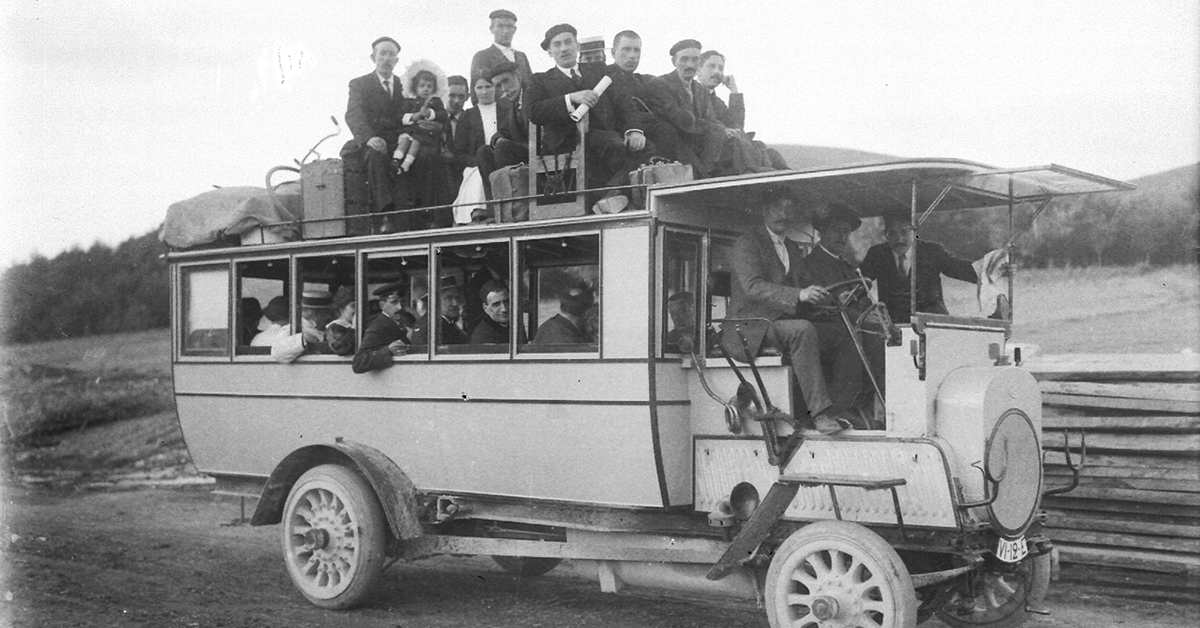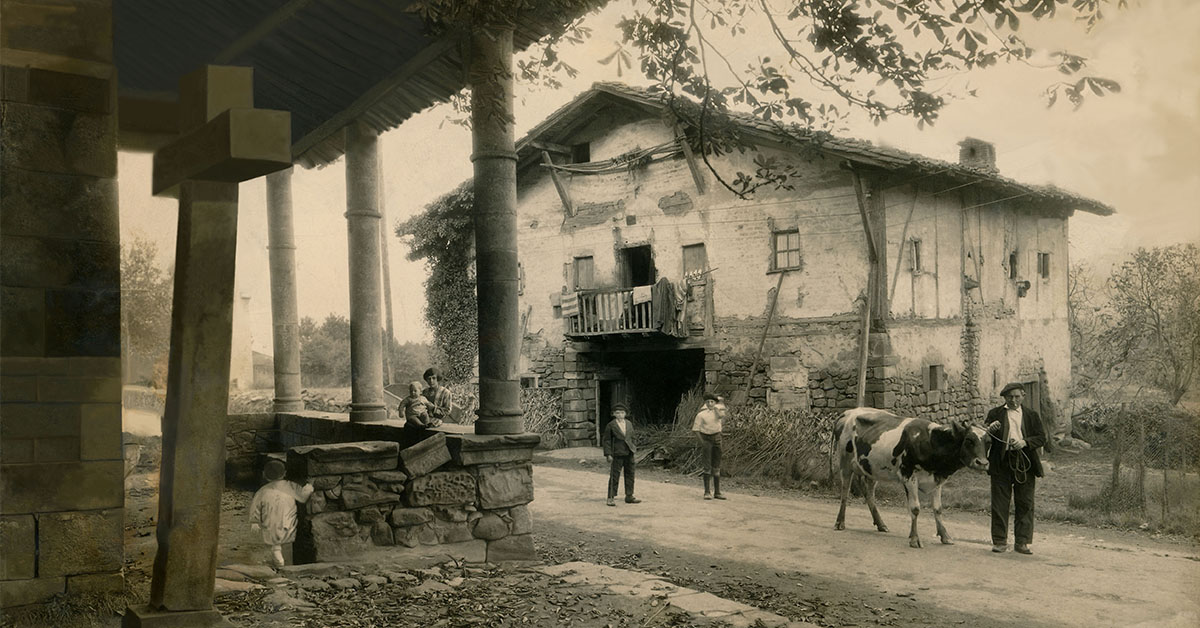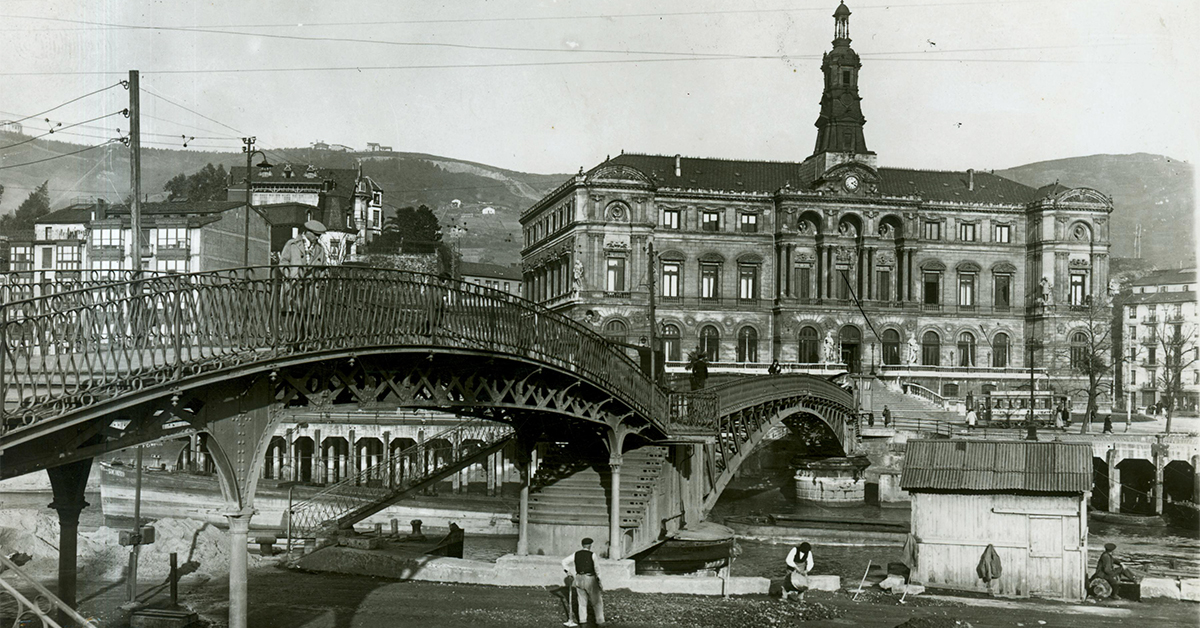Archives
Lexicon
We have left the lexicon for the end of this trilogy. The transmission of lexicon is very interesting between languages in contact. Three types of words can be distinguished. Firstly, there would be words that are not in the receiving language and that are taken from the sending language. In this case, certain names of things, ideas or concepts that did not exist in Spanish were taken from Basque, sometimes with phonological-phonetic adaptations, for example, calderapeco. You can also use common words due to their high frequency in everyday life. Secondly, some words that already existed in the receiving language are adapted, but not only phonetically, but also morphologically, syntactically or semantically, giving rise to curious hybrids, for example, erderakaso. Thirdly, new words also emerge that do not appear in any dictionary, such as chirene. But enough of words. Let’s go, without going into detail, to get to know some of those words that, although coming from Basque, were already inserted in the Spanish around Bilbao at the end of the 19th century, as well as others that arose from that linguistic relationship between Basque and Spanish. (more…)
In the first section of the article entitled Euskarakadak we talked about phonetic issues, while in this second, we will focus on the area of syntax.
To get an idea of what we are going to talk about, it would be enough to remember how the character Koldo Zugasti (the actor Karra Elejalde) spoke in the film Ocho apellidos vascos (Eight Basque surnames): «Siempre me acordaba del cumpleaños tuyo; pero tampoco llamarte no iba a hacer, porque lo mismo igual te ponía incómoda o así…» (I always remembered your birthday; but I wasn’t going to call you either, because the same thing made you uncomfortable or like that…).
The Basque language or Euskara, at least from what we know, is a small language in terms of the number of speakers and the area of use, but it has had to live alongside great languages throughout its long history. He had Celtic and Iberian as neighbors until Romans brought their imperial language to our surroundings. The Euskara lived for a long time near the strong Latin, and is now bordering on the great French and Spanish languages which are descendants of that Latin. The ancient influence of Latin is evident in current Basque, both in the lexicon and in the morphosyntax. Also that of later Spanish and French. But hasn’t our little Euskara left any trace in the great languages around it?






